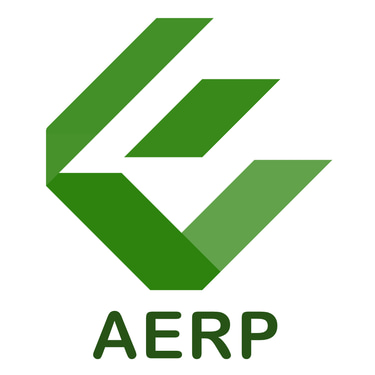
Professional Engineer
A Licensed Professional Engineer (PE) is an engineer who has obtained a professional engineering license, which signifies their competence, expertise, and legal authorization to offer engineering services to the public. The responsibilities of a licensed professional engineer are guided by ethical standards and legal regulations.
Design and Analysis: Professional engineers are authorized to design and analyze engineering projects and systems in their respective fields of expertise. This can include structures, systems, components, and processes.
Safety and Ethics: PE engineers have a responsibility to prioritize public safety and welfare. They must adhere to ethical standards in their work, ensuring that their designs and decisions do not compromise safety or the environment.
Review and Approval: Licensed engineers review and approve engineering plans, designs, and projects to ensure they meet established technical standards, codes, and regulations.
Stamping and Sealing Documents: In many jurisdictions, PEs are authorized to apply their official seal and signature to engineering documents, indicating their professional approval and accountability for the design's safety and accuracy
Regulatory Compliance: PEs ensure that their projects and designs adhere to relevant laws, codes, regulations, and industry standards.
Quality Control: PEs oversee quality control processes to ensure that the final product or system meets the intended specifications and design requirements.
Project Management: Licensed engineers may take on leadership roles in project management, coordinating teams, budgets, schedules, and resources for engineering projects.
Client Communication: PEs communicate with clients, stakeholders, and team members to understand project requirements, provide updates, and address concerns.
Continuous Learning: PEs are often required to engage in continuing education to stay updated with the latest advancements in their field and to maintain their professional licensure.
Expert Witness: Licensed engineers may serve as expert witnesses in legal cases involving engineering disputes or technical matters.
Mentorship and Supervision: PEs often mentor and supervise junior engineers, guiding their professional development and ensuring that their work meets appropriate standards.
Specializations: PEs can specialize in various engineering disciplines, such as civil, mechanical, electrical, environmental, and more. Their responsibilities will align with their specialization's requirements.
Environmental Impact: In some cases, PEs assess the environmental impact of projects and ensure that their designs adhere to sustainable practices.
Health and Safety: PEs consider health and safety factors in their designs, particularly in industries where worker safety is a priority.
Client Satisfaction: Ensuring that clients' needs are met and that projects are completed successfully within the required parameters is a crucial responsibility.
keys Roles and Responsibility


Certification
PE Mechanical: HVAC and Refrigeration
PE Mechanical: Machine Design and Materials
PE Mechanical: Thermal and Fluid Systems
PE Control Systems
PE Industrial and System
PE Nuclear
PE Petroleum
PE Structural
